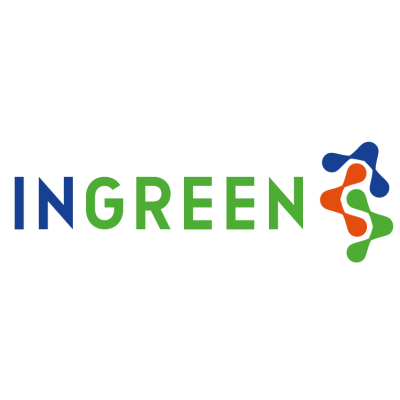
INGREEN
Production of functional innovative ingredients from paper and agro-food side-streams through sustainable and efficient tailor-made biotechnological processes for food, feed, pharma and cosmetics

Production of functional innovative ingredients from paper and agro-food side-streams through sustainable and efficient tailor-made biotechnological processes for food, feed, pharma and cosmetics
There is a steadily-growing demand for bio-based chemicals, as they increasingly find new applications in industrial chemicals and pharmaceuticals as ingredients for food, feed and in agriculture. The side streams and by-products of paper mills and agro-food production offer particularly rich sources of unexploited organic fractions suitable for exploitation.
The purpose of the INGREEN project is to demonstrate the feasibility of sustainable, efficient and safe tailor-made biotechnologies in real operational environments. It will also show eco-friendly approaches for producing safe and/or health-promoting microbial biomasses, functional ingredients such as prebiotics, pre-fermented food ingredients and biochemical raw materials to supply the food, feed, pharmaceutical and cosmetic sectors. Once they have been demonstrated as safe, the ingredients from the INGREEN project will find their way into foods such as cheeses, bakery products and other nutritious products.
The INGREEN ingredients will be part of so-called ‘functional’ foods, which can provide health benefits beyond basic nutrition. These include improving digestion, strengthening the immune system, helping control body weight and preventing conditions such as high blood pressure. The market for functional foods is estimated to reach €88.2 billion by 2023.
The overall objective is to demonstrate the value of innovative biotechnologies of the INGREEN project in capturing these under-exploited sidestreams. In addition to this, it will provide a number of societal and environmental objectives. It will:
The overall impact of INGREEN will be in delivering a major economic breakthrough in developing new added-value bio-based ingredients from theses sidestreams. In addition, it will: